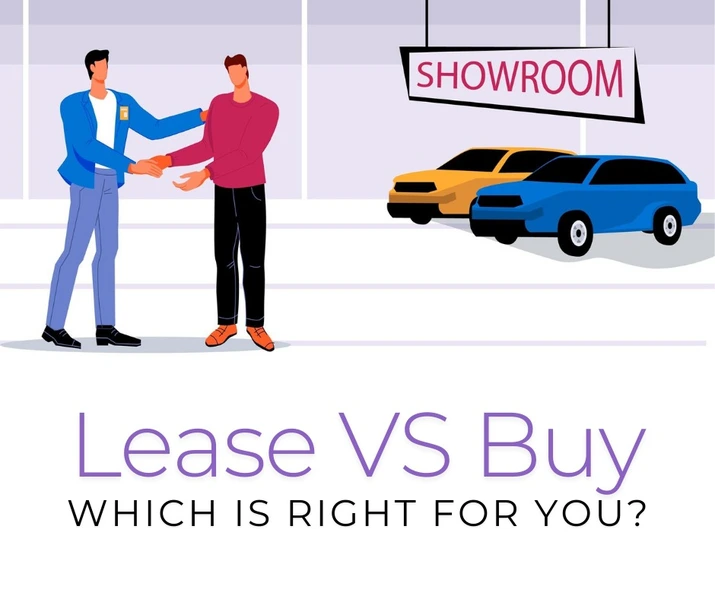When shopping for a new car, one of the biggest decisions is whether to lease or buy. Both options have their pros and cons, and the right choice depends on your financial situation, lifestyle, and driving habits. Here’s a breakdown to help you decide which option is best for you.
1. Understanding Leasing vs. Buying
Before diving into the pros and cons, it’s essential to understand the basic differences:
-
Leasing: Leasing a car is like renting it for a fixed period (typically 2-4 years). You’ll make monthly payments but won’t own the car outright at the end. Instead, you can return it, renew the lease, or lease a new model.
-
Buying: When you buy a car, you either pay cash or finance it with a loan. After the loan is paid off, you fully own the vehicle, and you can keep, sell, or trade it in whenever you choose.
Now that we’ve covered the basics, let’s look at the key factors to consider.
2. Upfront and Monthly Costs
One of the most significant differences between leasing and buying is the initial and monthly expenses.
-
Leasing: Leasing typically has lower monthly payments than buying because you’re only paying for the car’s depreciation during the lease period, not the full value. Down payments are also generally lower or sometimes even waived. However, leasing can come with additional fees, like an acquisition fee and a security deposit.
-
Buying: If you buy with a loan, monthly payments are usually higher, as you’re covering the entire car cost. However, once you pay off the loan, the car is yours without further monthly payments, which can lead to long-term savings.
Bottom Line: Leasing may be more affordable upfront and month-to-month, while buying can be a better long-term investment if you plan to keep the car for years.
3. Mileage and Driving Habits
Your driving habits play a big role in deciding between leasing and buying.
-
Leasing: Leases often come with strict mileage limits, usually around 10,000-15,000 miles per year. Exceeding these limits can result in costly overage fees. If you have a long commute or love road trips, leasing may not be ideal unless you negotiate a higher mileage allowance.
-
Buying: When you buy a car, you have unlimited freedom to drive as much as you want. There are no penalties for high mileage, which can be advantageous for drivers who cover a lot of ground.
Bottom Line: If you drive a lot or don’t want to worry about mileage, buying might be the better choice.
4. Maintenance and Repairs
Vehicle maintenance and repair costs are another factor to weigh.
-
Leasing: Since leases typically last only a few years, your car will likely still be under warranty. This means you may not need to worry about major repairs. However, you’ll still need to cover routine maintenance (like oil changes and tire rotations) and avoid excessive wear and tear, which could result in additional fees when you return the vehicle.
-
Buying: When you own a car, you’re responsible for all repairs and maintenance. While new cars come with warranties that cover certain repairs for a few years, you’ll eventually have to cover these expenses on your own. Over time, these costs can add up.
Bottom Line: Leasing is often lower-maintenance in the short term, while buying may require more maintenance but offers long-term flexibility.
Final Thoughts: Which Option is Right for You?
Choosing between leasing and buying comes down to your financial situation, driving habits, and lifestyle preferences. Leasing offers lower monthly payments, less maintenance, and flexibility to upgrade, making it ideal for those who enjoy driving new cars and have predictable driving habits. Buying, on the other hand, is often more cost-effective in the long run, allowing you to build equity, drive as much as you want, and customize your car to make it your own.








